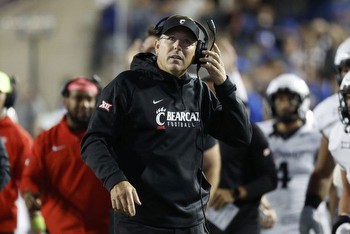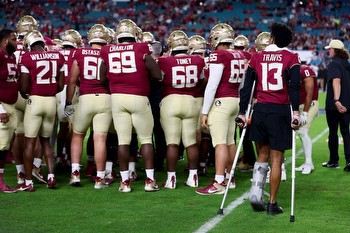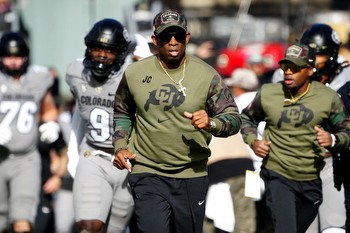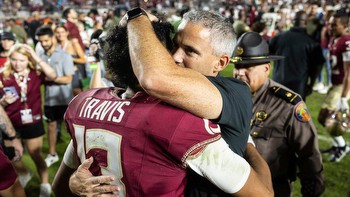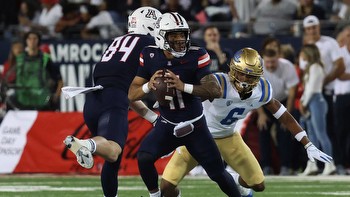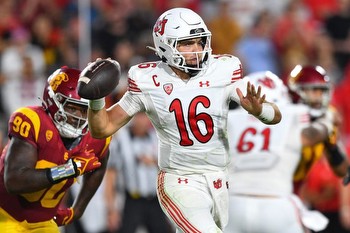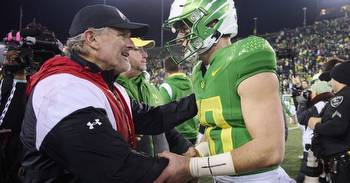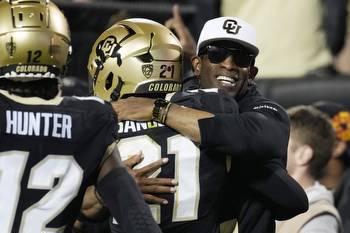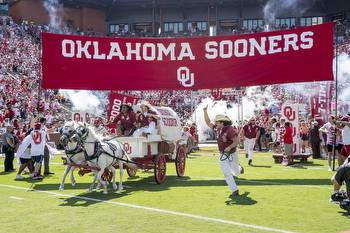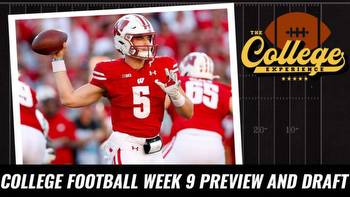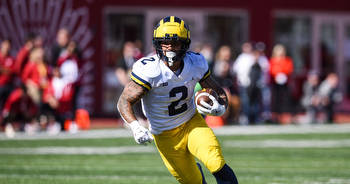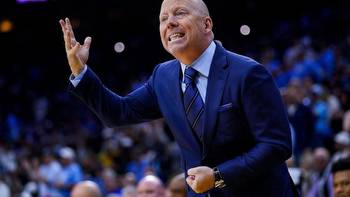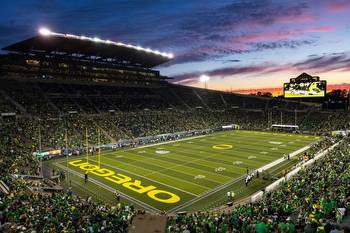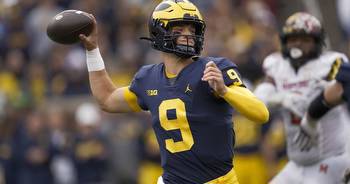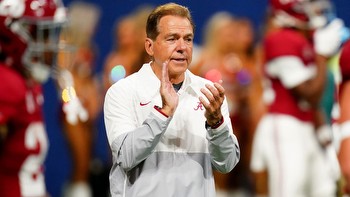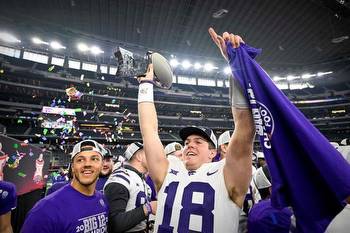First look at new Big 12 isn't inspiring hope
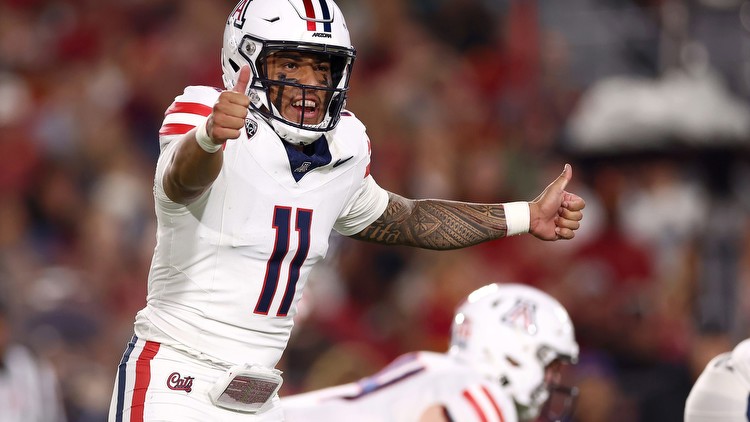
One of college football's upbeat stories over the past month is under way out in Tucson, where the Arizona Wildcats beat ranked opponents in three consecutive games for the first time. The Wildcats, underdogs in all three, took down Washington State, Oregon State and UCLA — and they threatened Washington and Southern Cal in their two games before that.
Arizona, much like recent-years Texas Tech, has finished with losing records five years in a row and six of the past seven. For the first time since 2017, the Wildcats are ranked. They're 6-3 and have a good quarterback situation with exciting redshirt freshman Noah Fifita, at the controls during the recent surge, and second-year transfer Jayden De Laura, who was Pac-12 offensive freshman of the year in 2021 with Washington State.
Third-year coach Jedd Fisch has things looking up in Tucson. That's good news for the Big 12.
Among the conference's four new teams this season and the four coming in next season, the football overall has been depressing.
Here were the records of the eight going into this weekend: Utah 7-2, Arizona 6-3, Brigham Young 5-4, Central Florida, Colorado and Houston all 4-5 and Arizona State and Cincinnati both 2-7. Utah will play in a bowl. Arizona will play in a bowl. I wouldn't bet on any of the others.
Truth is, none of the eight, not even Utah, are slam dunks for future success. Utah coach Kyle Whittingham has had a fantastic 20-year run, but what becomes of the Utes when he inevitably retires? Whittingham turns 64 this month.
Colorado, for all the curiosity-factor hubbub over Deion Sanders, has been predictably exposed after overblown non-conference victories over middling TCU and Nebraska. Arizona State's in disaster recovery after firing Herm Edwards with the program under NCAA investigation.
Those are questions surrounding the Big 12's power-five additions from the neighboring Pac-12.
Among BYU and the newly arrived from the American Athletic Conference, it's worse — probably worse than Big 12 people envisioned. They're all at or near the bottom.
When Texas and Oklahoma announced plans in the summer of 2021 to leave for the Southeastern Conference, the Big 12 stood on shaky ground. Less than eight weeks later, the conference added BYU, UCF, Cincinnati and Houston.
Did the Big 12 need to act that quickly? Perhaps. Its future was uncertain, its public perception in the tank in the wake of the Texas and Oklahoma bombshell.
BYU, Cincinnati, UCF and Houston all were riding high, but taking them came with a risk: If the right coach left or a good run of players ran out of eligibility, their programs were much more vulnerable to downturn than marquee programs in the power five. We're seeing that with Cincinnati, which lost coach Luke Fickell between the time it joined the Big 12 and began playing in the Big 12.
I thought the timing might be right for UCF's making the step up after its 59-17 run from 2017 through 2022. Florida State's four straight losing seasons between 2018 and 2021, Miami's chronic underachieving and recent down years at Florida positioned UCF to possibly sway some four-star recruits it otherwise couldn't. Or so I reasoned.
So much for that. At Florida State, Mike Norvell's quickly rescued a program gone south under Willie Taggart. The Seminoles are undefeated and positioned to make the College Football Playoff. UCF is in danger of missing a bowl for the first time in eight years.
Bottom line: The Big 12 needs Kyle Whittingham to keep the fire burning at Utah, for Deion Sanders to show performance worthy of the hype in Colorado ... and for Arizona, of all schools, to keep the feel-good story going.

